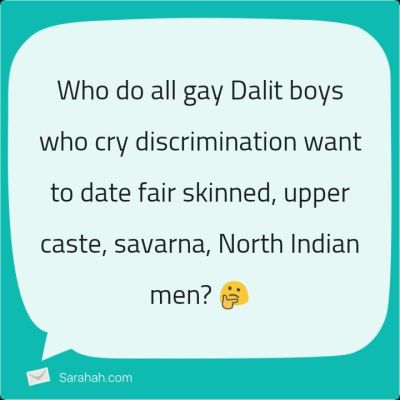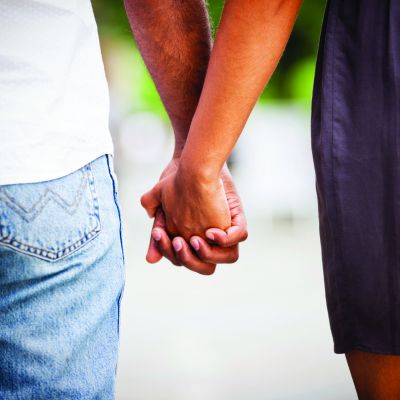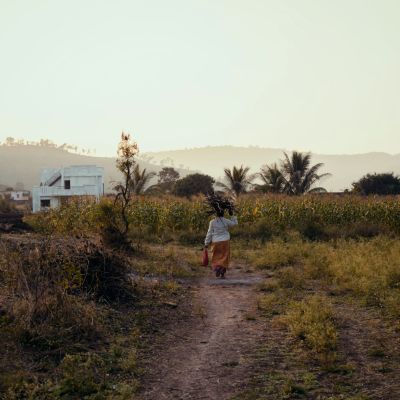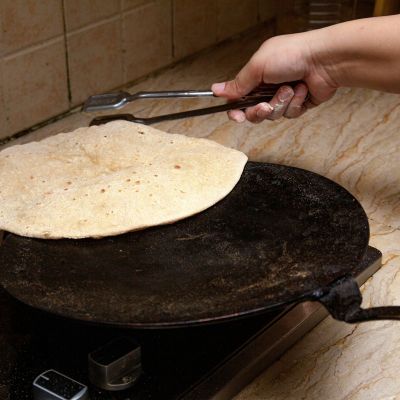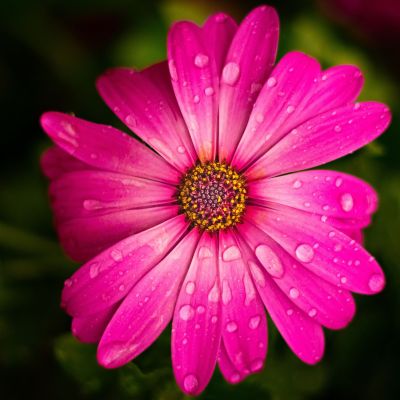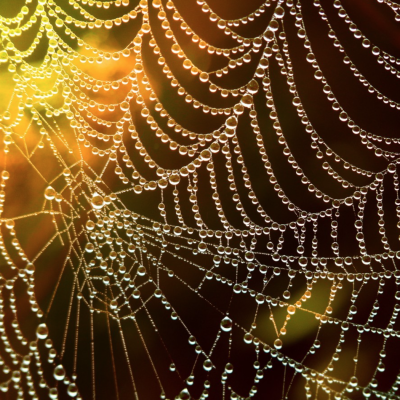Sexuality
“Mamma, look, that’s a boy giraffe, I can see his penis,” exclaims my four-year-old daughter in delight at her discovery as we stand watching the stately animals at the fabulous Mysore Zoo. Far from cringing at the over-loud tones of my daughter, I beam at her, “That is clever of you.”
The use of terms that convert the movement for women’s empowerment into extreme militancy in order to reject the movement altogether is indeed a sombre example of diverting attention from the real problems that exist in society and projecting women’s protests against sexual crimes or standing up for their rights as one of “mob lynchings” or wrongly adducing the news of repealing “Adultery” as a move that allows women to have sexual relations outside of marriage.
In my adulthood, I have experienced God outside of how I was taught to experience Him. I have discovered that I am a sexual being with infinite ways of experiencing pleasure. Almost all of these ways are outside of the tame abstinence-penetrative sex to get pregnant-abstinence cycle prescribed by the Catholic Church
I read The Failed Radical Possibilities of Queerness in India more than a year ago and it still makes me…
Coming back to finding a utopic home within the narratives from The Night Train at Deoli, the book wasn’t necessarily an escape from what constituted the material home, but rather an assurance that love can have plural possibilities, and so can what comes to be ‘home’.
I am a feminist, sex-positive and LGBT affirmative Clinical Psychologist. Having that openly and publicly stated means that my clients feel very safe discussing some of the more taboo topics, especially ones that we are made to feel ashamed of. One of these is the topic of the rape fantasy.
“At the same time, eroticism in the home requires active engagement and willful intent. It is an ongoing resistance to…
Frontline workers, often recruited from the communities organisations work with, face heightened risks to their health, safety, and wellbeing as their work extends beyond the walls of an office.
From my experiences, I find that diversity is not an end unto itself. Instead, it is a tool for reflection, a mirror that shows not only who we, and the society we live in, are in the present, but what we aspire to be in the future.
Everyone talks about how nobody can put a price on how much homemakers do for us, but nobody talks about the kind of behaviour they are subjected to almost every day.
Why must others judge her appearance and grace
When true beauty is not confined to a face?
In a world obsessed with the outer shell,
She knows in her heart inner beauty dwells.
In our mid-month issue, Anjali Hans, in her mid-twenties, writes with insight and humour about learning and becoming a woman while navigating the terrain between the world as feminists want it to be and the world as it is. Manak Matiyani in an interview with Shikha Aleya tells us why he foregrounds his identity as a feminist…
In the mid-month issue on Wellbeing and Sexuality, we bring you an article by Jai Ranjan Ram sharing what he learned in his psychiatric practice from a self-identified pansexual homoflexible adolescent.
Take Time. Add Sexuality to it. How does it move? In a straight line, in circles, or does it zig…
Spirituality doesn’t have to be esoteric, as in belonging or being accessible only to a few. It is very much a part of our lives, just as sexuality is.




